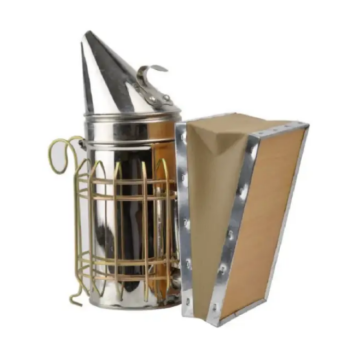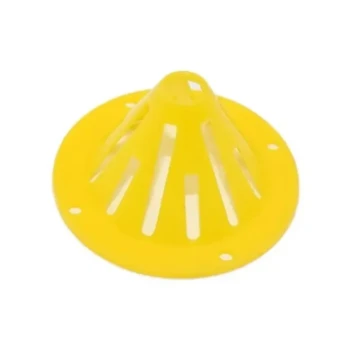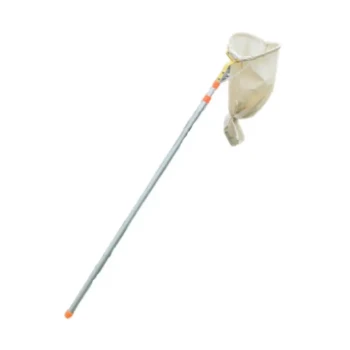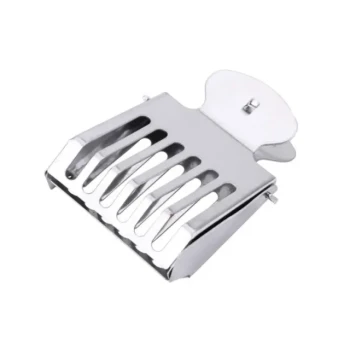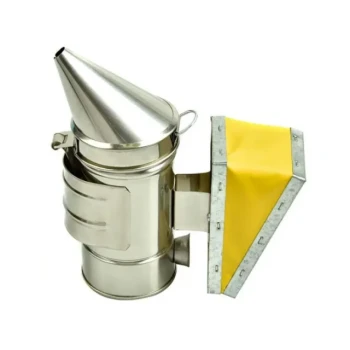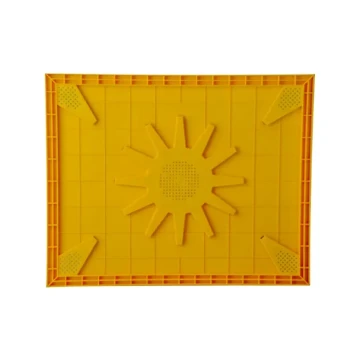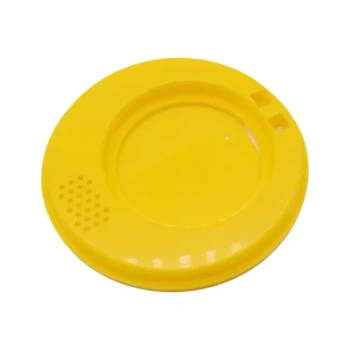Better nutrition plays a critical role in enhancing the health, resilience, and productivity of migratory beehives. By ensuring bees receive balanced and adequate nutrients, beekeepers can mitigate stressors associated with migration, such as environmental changes, disease susceptibility, and reduced foraging opportunities. Proper nutrition supports immune function, brood development, and energy levels, directly impacting pollination efficiency and colony survival.
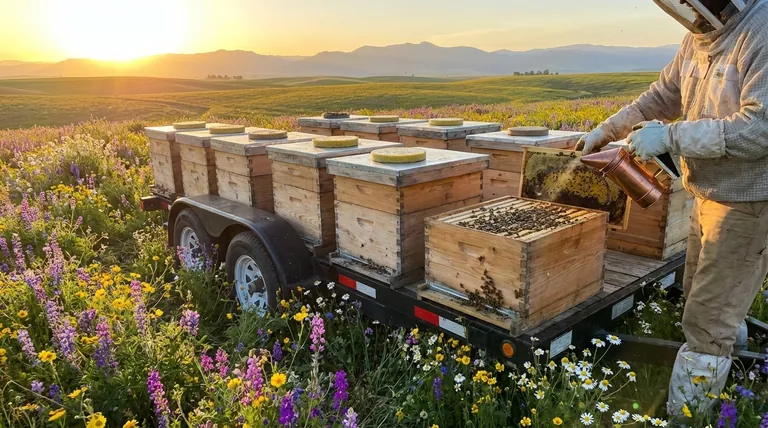
Key Points Explained:
-
Enhanced Immune Function
- A well-nourished beehive is better equipped to combat pathogens and parasites (e.g., Varroa mites).
- Key nutrients like proteins (from pollen), lipids, and vitamins (e.g., B vitamins) strengthen bee immunity.
- Supplemental feeding with pollen substitutes or fortified syrups can bridge nutritional gaps during migration.
-
Improved Brood Development
- Adequate protein intake ensures healthy larval growth, increasing colony population stability.
- Migratory hives often face pollen scarcity; nutrient-rich supplements prevent brood starvation.
-
Energy for Pollination Tasks
- Carbohydrates (e.g., honey or sugar syrup) fuel foraging and thermoregulation during transit.
- Balanced diets reduce fatigue, enabling bees to maintain pollination performance under stress.
-
Stress Mitigation During Migration
- Migration disrupts foraging patterns, leading to nutritional deficits.
- Strategic feeding before, during, and after transit helps colonies adapt to new environments.
-
Long-Term Colony Sustainability
- Proper nutrition reduces winter mortality rates in migratory hives.
- Healthier bees contribute to consistent pollination services, benefiting agriculture and ecosystems.
By prioritizing nutrition, beekeepers can transform migratory hives into more resilient assets, ensuring both bee welfare and crop productivity. Have you considered how tailored feeding schedules might further optimize these outcomes?
Summary Table:
| Benefit | Key Impact |
|---|---|
| Enhanced Immune Function | Combats pathogens like Varroa mites; proteins & vitamins boost defenses. |
| Improved Brood Development | Prevents starvation; ensures stable colony populations during migration. |
| Energy for Pollination | Carbohydrates fuel foraging & thermoregulation under stress. |
| Stress Mitigation | Bridges nutritional gaps when foraging is disrupted. |
| Long-Term Sustainability | Reduces winter mortality; supports consistent crop pollination. |
Optimize your migratory hives with expert nutrition strategies—contact HONESTBEE for tailored beekeeping solutions!
Visual Guide
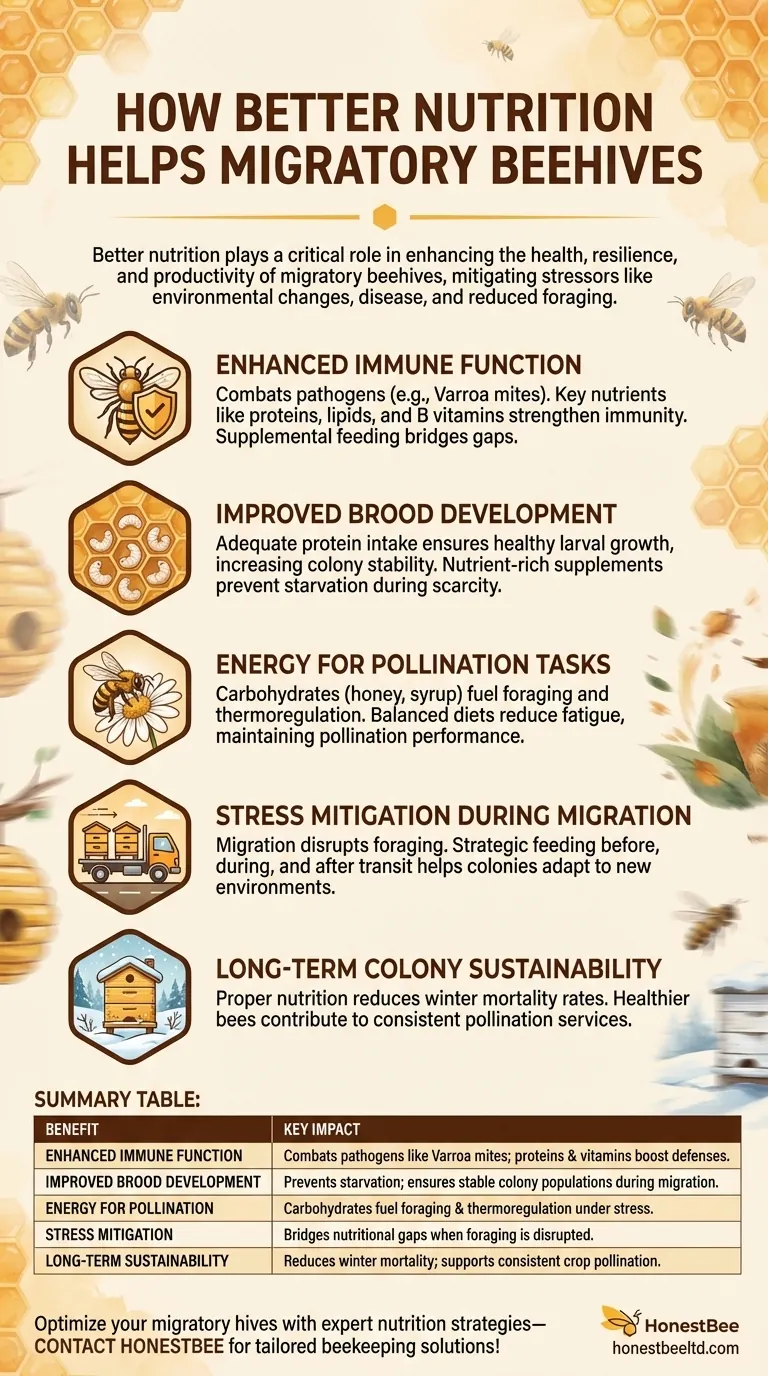
Related Products
- Premium Traditional Copper Bee Smoker with Bellows
- Stainless Steel Honey Bee Smoker Hive and Honeycomb Smoker for Beekeeping
- Slatted Porter Style Bee Escape for Rapid Hive Clearing
- Wooden Queen Bee Excluder for Beekeeping
- Inner Beehive Cover for Beekeeping Bee Hive Inner Cover
People Also Ask
- How should a smoker be used to produce effective smoke? A Guide to Calm, Productive Beekeeping
- What is inside a bee smoker? The Simple Tools and Fuel for a Calm Hive
- What is the proper technique for lighting a bee smoker? Master the Layered Fire Method for Calm Hives
- Are bee smokers bad for bees? A Guide to Safe and Effective Use
- What are some quick tips for effective smoker use? Master Calm Hive Inspections with Expert Technique

